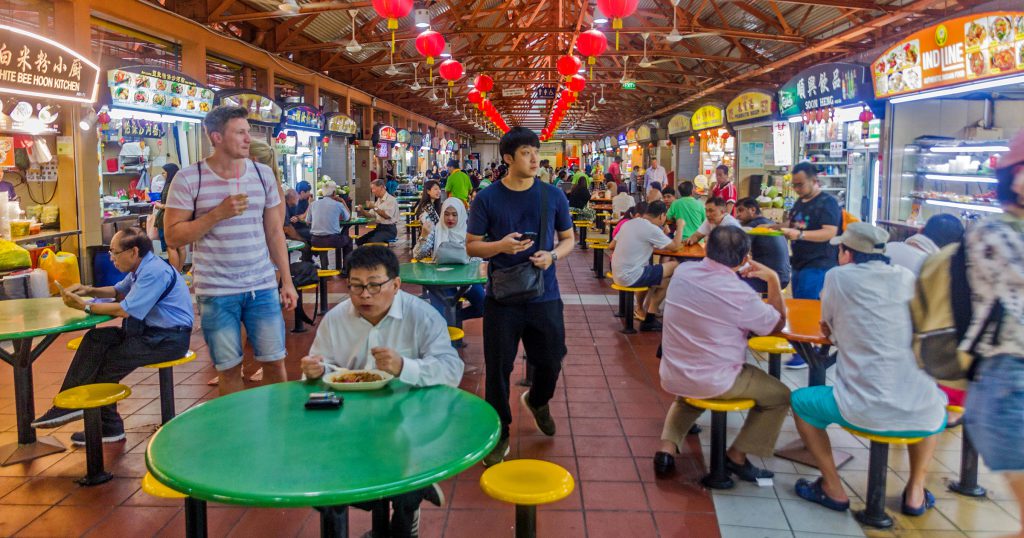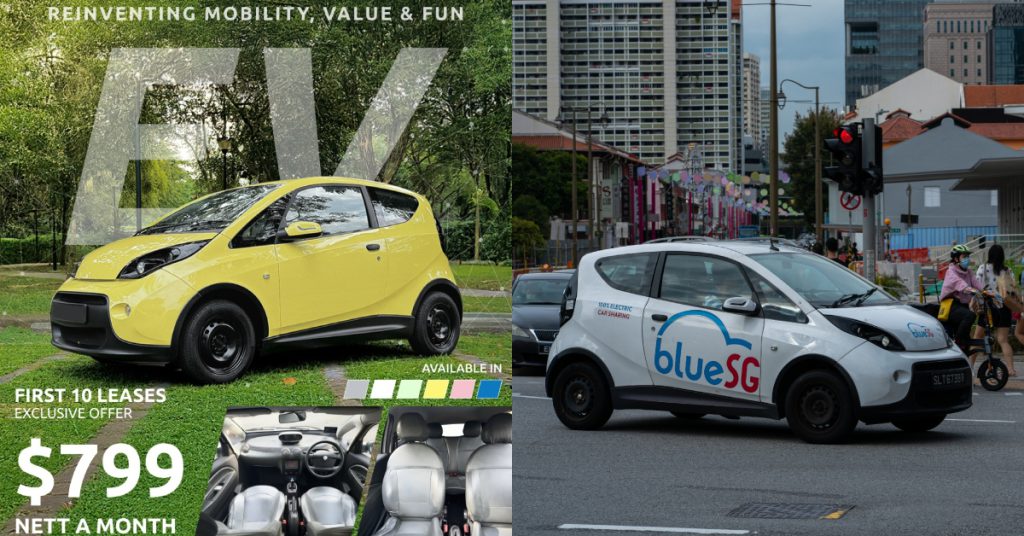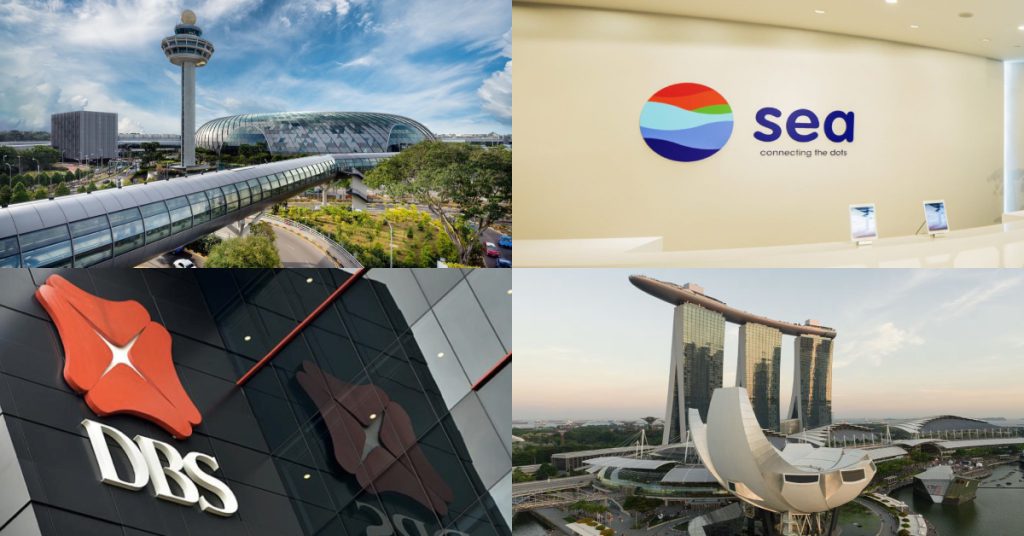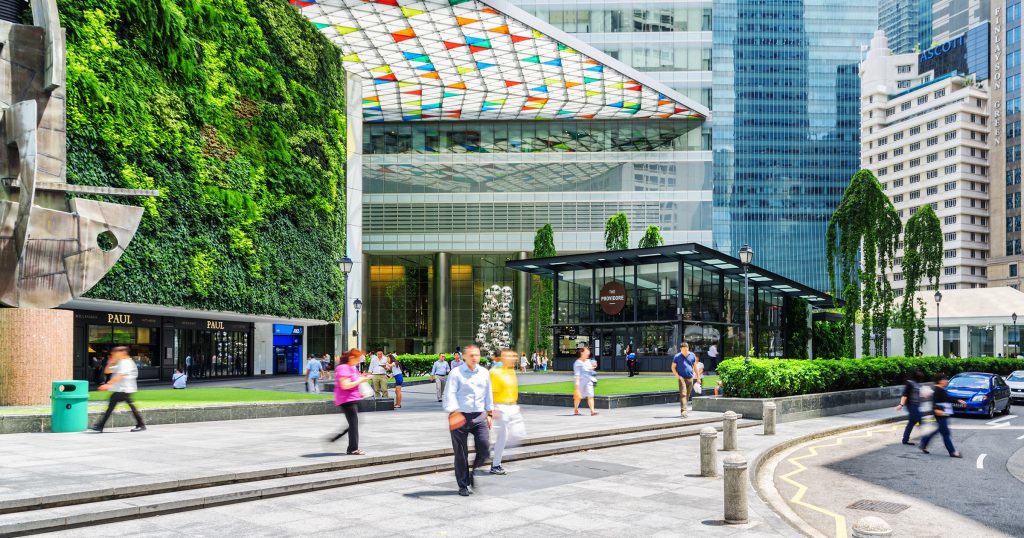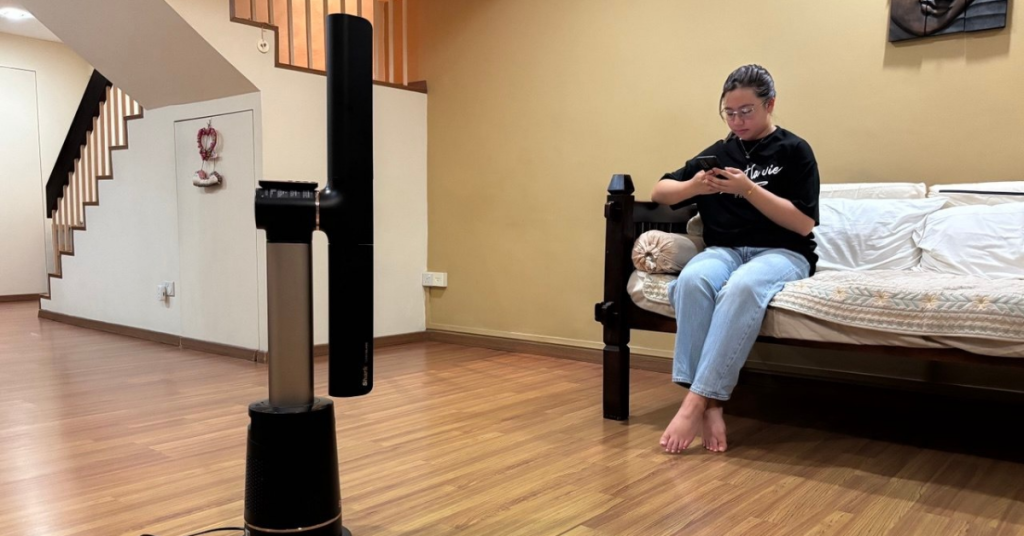Disclaimer: Unless otherwise stated, any opinions expressed below belong solely to the author. Data published by Lee Kuan Yew School of Public Policy.
We’re often bombarded with headlines alleging that Singapore is one of the most expensive cities in the world to live in. What’s typically missing in these rankings—or only written in fine print—are the details of the methodology and the goals of the surveys they are based on.
Upon closer inspection, their focus is usually on an international comparison of living costs for foreigners, while ignoring the realities of life for local residents who make different choices and enjoy many benefits otherwise unavailable to expatriates.
In other words—they do not reflect the real costs of living as a local in a given place.
Fortunately, researchers at the Asia Competitiveness Institute of the Lee Kuan Yew School of Public Policy have decided to look more closely cost of living borne by both expats and ordinary residents, in accordance with their respective spending habits. In total, they have compiled prices for 283 different goods and services from multiple national and international sources across 45 major cities.
Their findings were posted on the school’s website just a few days ago. You can read the full research paper here.
As you can see in the results of this forecast (as it’s a model for this year, which still has a few months left), Singapore’s high rank reported in other sources holds true for expatriates. For them, the living costs in the city put it among the most expensive in the world—and it’s easy to see why.
They do not enjoy subsidised housing, healthcare or education for their children. Open market rental of an apartment fit for a family consumes alone more than a good salary in Singapore would pay. Their consumer tastes are likely to be skewed towards imported products that they know from their home countries and which are usually more costly in Singapore. They have to invest in private schools for their kids and some may even want to drive a car here. These choices compound into a massive financial burden.
Local Singaporeans, meanwhile, live considerably different lives.
Cost of living rankings
| City | Cost of living for expatriates | Cost of living for ordinary residents |
|---|---|---|
| New York | 1 | 1 |
| Zurich | 2 | 2 |
| Los Angeles | 3 | 3 |
| Singapore | 4 | 28 |
| Geneva | 5 | 4 |
| London | 6 | 17 |
| Seattle | 7 | 5 |
| San Francisco | 8 | 7 |
| Chicago | 9 | 6 |
| Hong Kong | 10 | 31 |
| Washington DC | 11 | 8 |
| Paris | 12 | 27 |
| Tel Aviv | 13 | 11 |
| Frankfurt | 14 | 25 |
| Copenhagen | 15 | 13 |
| Minneapolis | 16 | 10 |
| Boston | 17 | 12 |
| Atlanta | 18 | 18 |
| Miami | 19 | 15 |
| Honolulu | 20 | 16 |
| Sydney | 21 | 9 |
| Houston | 22 | 19 |
| Cleveland | 23 | 21 |
| Pittsburgh | 24 | 20 |
| Tokyo | 25 | 32 |
| Melbourne | 26 | 14 |
| Milan | 27 | 26 |
| Vienna | 28 | 23 |
| Madrid | 29 | 29 |
| Barcelona | 30 | 30 |
| Toronto | 31 | 22 |
| Brussels | 32 | 24 |
| Shanghai | 33 | 35 |
| Beijing | 34 | 37 |
| Seoul | 35 | 33 |
| Shenzhen | 36 | 36 |
| Bangkok | 37 | 42 |
| Osaka / Kobe | 38 | 34 |
| Ho Chi Minh | 39 | 44 |
| Taipei | 40 | 38 |
| Hanoi | 41 | 43 |
| Manila | 42 | 39 |
| Jakarta | 43 | 40 |
| Kuala Lumpur | 44 | 41 |
| Mumbai | 45 | 45 |
Two cities in one
Close to 80% of the resident society live in HDBs. Young Singaporeans enjoy discounted education all the way to university. Healthcare subsidies make treatment much cheaper than anywhere else in the developed world. Millions eat at hawker centres daily, spending just a few dollars per meal, on the way to or from the even cheaper MRT.
It’s no wonder, then, that when these choices are considered, the costs of life for an average local drop precipitously in comparison, placing Singapore at just 28th place out of 45 cities (and in earlier, broader rankings by ACI as low as 49 out of 103).
It’s really a tale of two Singapores—two cities in one. One where foreigners pay thousands of dollars for a small condo apartment and the other where locals take the MRT to the HDB they already own. These two lives are completely different and cannot be put on the same scale.
Nowhere the gap between these two realities is quite as large as here, although Hong Kong also comes quite close, followed by Paris, London and Frankfurt. These are the cities where locals have it considerably cheaper than foreigners.
| City | Difference between the ranks |
|---|---|
| Singapore | -24 |
| Hong Kong | -21 |
| Paris | -15 |
| London | -11 |
| Frankfurt | -11 |
| Tokyo | -7 |
| Bangkok | -5 |
| Ho Chi Minh | -5 |
| Beijing | -3 |
| Shanghai | -2 |
| Hanoi | -2 |
| New York | 0 |
| Zurich | 0 |
| Los Angeles | 0 |
| Atlanta | 0 |
| Madrid | 0 |
| Barcelona | 0 |
| Shenzhen | 0 |
| Mumbai | 0 |
| Geneva | +1 |
| San Francisco | +1 |
| Milan | +1 |
| Seattle | +2 |
| Tel Aviv | +2 |
| Copenhagen | +2 |
| Cleveland | +2 |
| Seoul | +2 |
| Taipei | +2 |
| Chicago | +3 |
| Washington DC | +3 |
| Houston | +3 |
| Manila | +3 |
| Jakarta | +3 |
| Kuala Lumpur | +3 |
| Miami | +4 |
| Honolulu | +4 |
| Pittsburgh | +4 |
| Osaka / Kobe | +4 |
| Boston | +5 |
| Vienna | +5 |
| Minneapolis | +6 |
| Brussels | +8 |
| Toronto | +9 |
| Sydney | +12 |
| Melbourne | +12 |
Curiously, Switzerland, that the city-state is often compared to, is equally expensive for both groups, with Zurich and Geneva ranking at the very top of both rankings.
Towards the bottom of the table, there are also places where foreigners have it much better than the natives do. With much higher salaries but not much greater expenditures, they outrank the locals and enjoy easier and relatively cheaper lives.
Singapore is not one of them though.
Unlike in most other cities—and countries—it provides you with a choice. You can spend very much if you wish to, but you don’t necessarily have to. For a major global city, this is exceedingly rare.
- Read other articles we’ve written on Singapore’s current affairs here.
Featured Image Credit: mathes/ depositphotos


